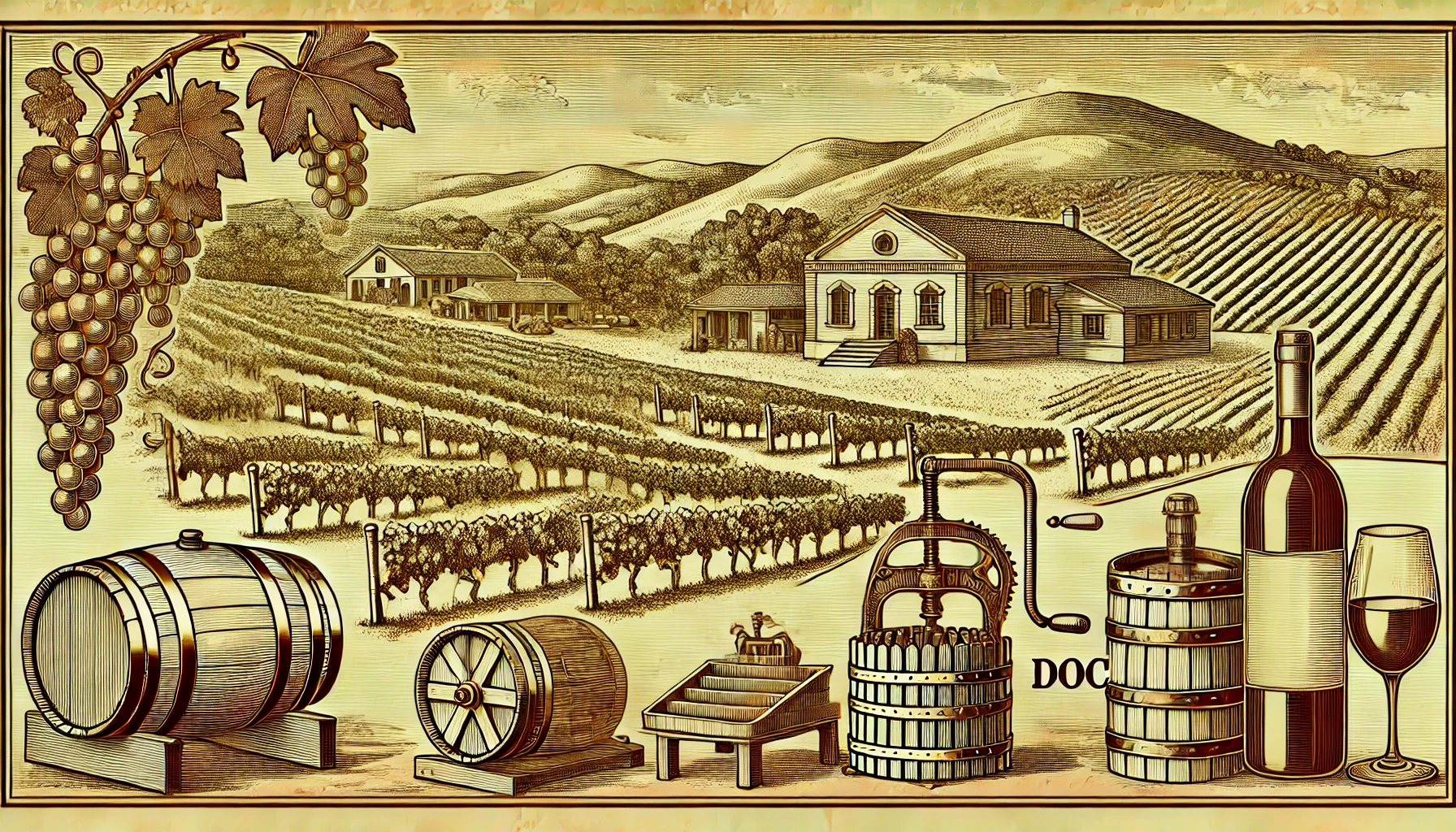
DOC stands for Denominação de Origem Controlada in Portuguese (or Denominazione di Origine Controllata in Italian), which translates to “Controlled Designation of Origin” in English. It’s a certification that guarantees the quality and authenticity of wines from specific regions, ensuring that they meet strict production standards.
This label indicates that the wine is made in a particular geographic area, using certain grape varieties, and following traditional winemaking methods. The goal is to preserve the unique characteristics of the region’s terroir—its climate, soil, and winemaking traditions. A DOC certification assures wine lovers that they are getting an authentic taste of the region’s heritage and quality.
For example, in Portugal, wines from regions like Douro or Setúbal might carry the DOC label, while in Italy, you’ll find it in famous areas like Chianti or Barolo. Each DOC region has its own rules about grape varieties, aging processes, and production methods, ensuring that the wine truly represents its origin.
This system helps protect the reputation of regional wines and guides consumers looking for quality bottles that reflect the rich history and expertise of traditional winemaking.
Curious about more wine terms and insights? Visit our Wine Wiki section and explore the basic wine terms for expert definitions and tips!